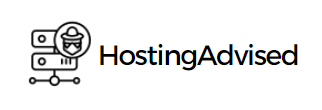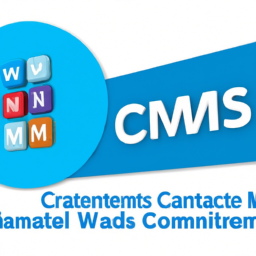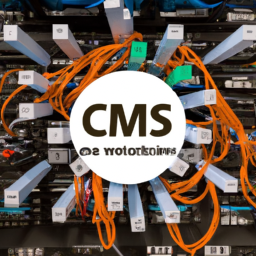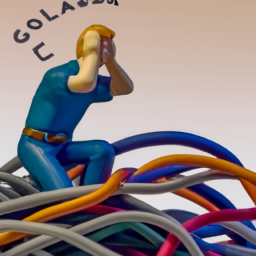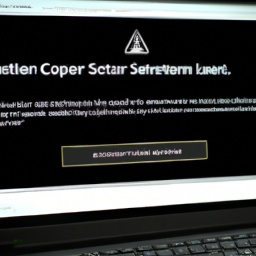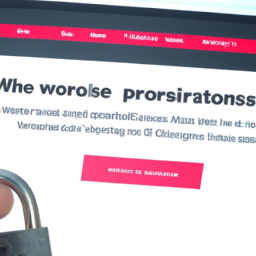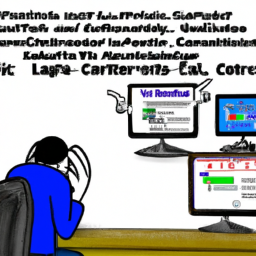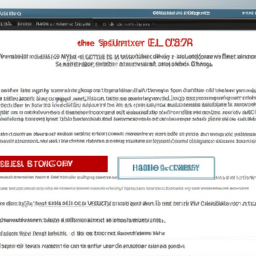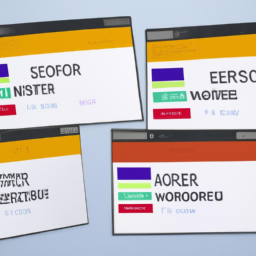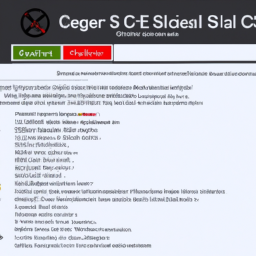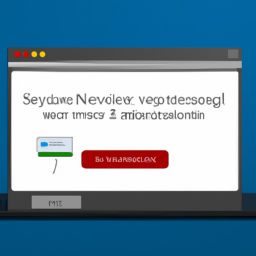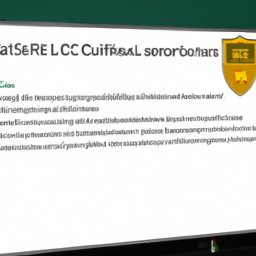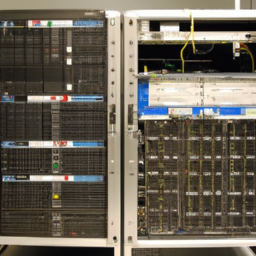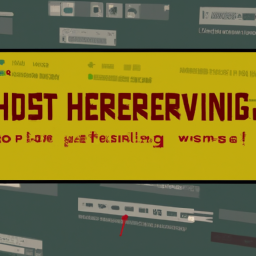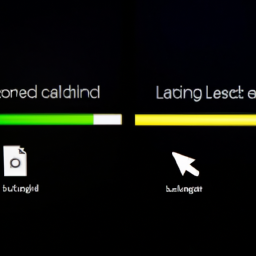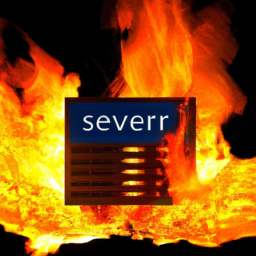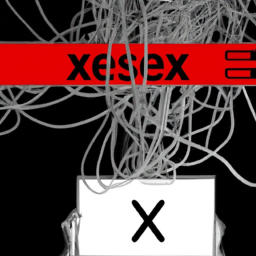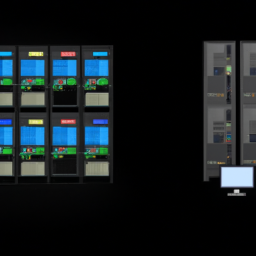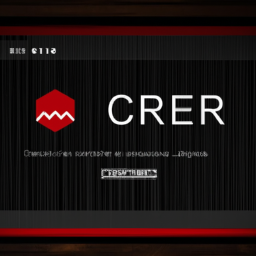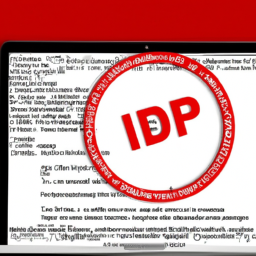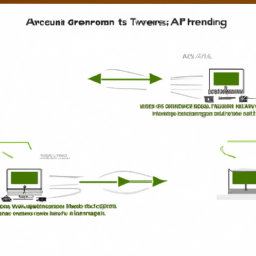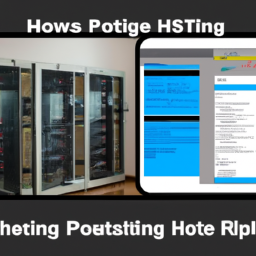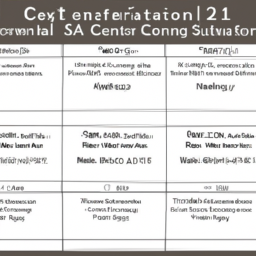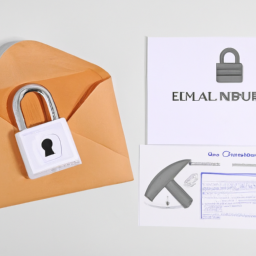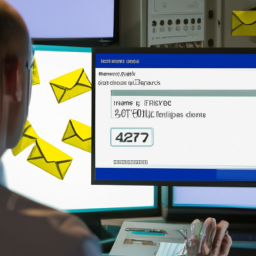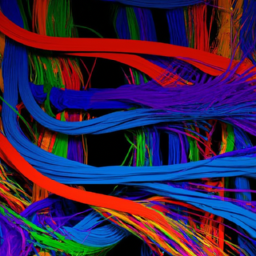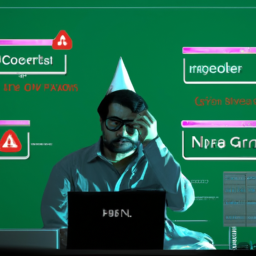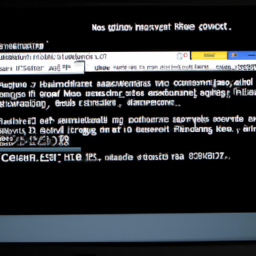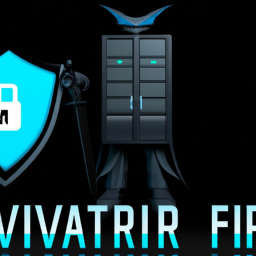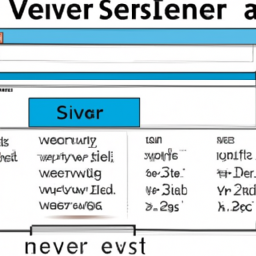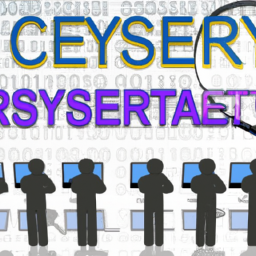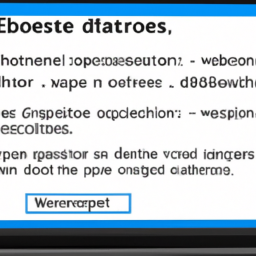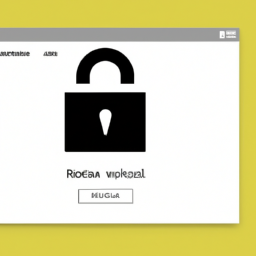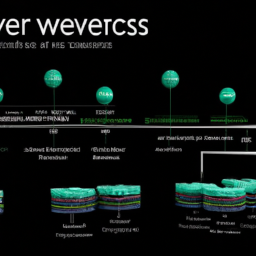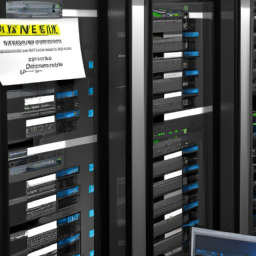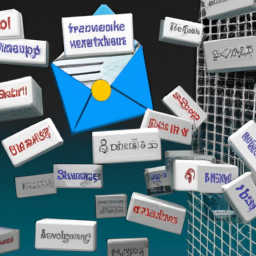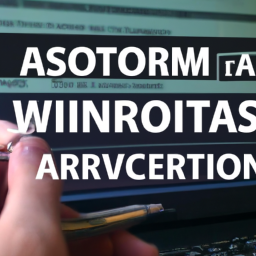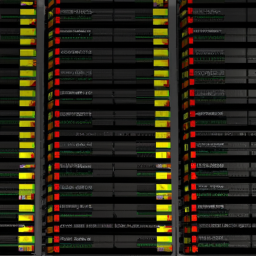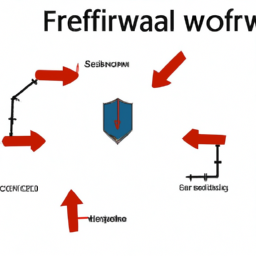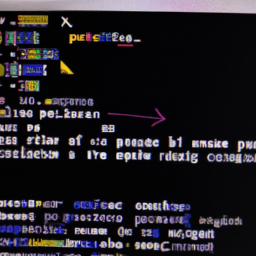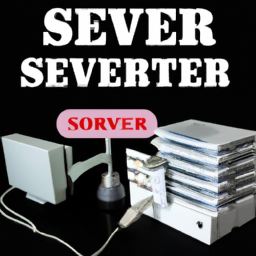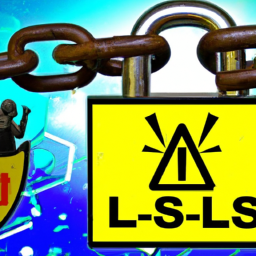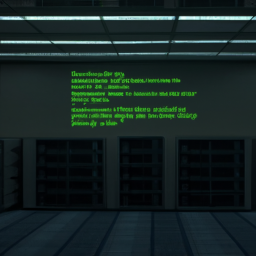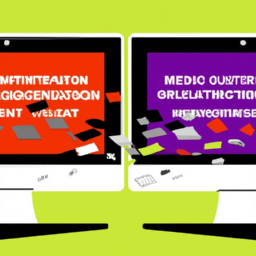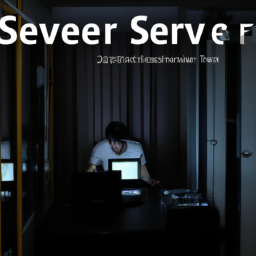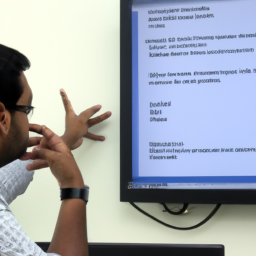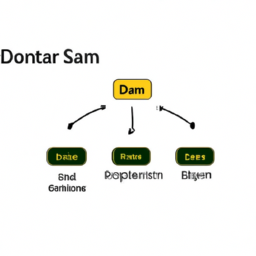Imagine your website as a grand tapestry, intricately woven with countless threads of information, design, and functionality. At the very heart of this masterpiece lies the Content Management System (CMS), a powerful tool that brings order to the chaos, effortlessly managing your website’s content.
However, integrating a CMS with your web hosting platform can often feel like untangling a labyrinth of complexities, leaving you feeling overwhelmed and frustrated.
But fear not, for in this article, we shall embark on a journey to unravel these intricacies, shedding light on the enigmatic world of CMS integration in web hosting.
We will guide you through the process of choosing the perfect CMS for your business needs, evaluating compatibility with your hosting platform, and ensuring a seamless integration process.
Prepare to delve into the depths of CMS integration, armed with knowledge and understanding. Together, we shall conquer the complexities and emerge victorious, with a fully integrated website that is both functional and visually stunning.
Let us begin our quest to master the art of CMS integration in web hosting.
Key Takeaways
- CMS integration in web hosting can be complex and requires planning, coordination, and thorough testing.
- Compatibility between CMS and web hosting platforms is crucial for performance and security.
- CMS offers benefits such as easy content creation, editing, and organization, along with customization options and features like SEO and analytics integration.
- Factors to consider when choosing a CMS include customizing templates, optimizing website performance, having a user-friendly interface, and scalability.
Understanding the Role of a CMS in Website Management
Now, let’s dive into the world of CMS and see how it can simplify your website management process. A CMS, or Content Management System, offers a plethora of benefits and functionality to make your life easier.
With a CMS, you have the power to create, edit, and organize your website’s content without any technical knowledge. It provides a user-friendly interface that allows you to easily add new pages, update existing content, and manage multimedia elements.
Additionally, a CMS enables you to customize the design and layout of your website with pre-made templates or by creating your own. It also offers features like user management, search engine optimization, and analytics integration.
By utilizing a CMS, you can streamline your website management tasks and focus on growing your business. Speaking of business needs, let’s now explore how to choose the right CMS for your specific requirements.
Choosing the Right CMS for Your Business Needs
Deciphering the perfect CMS to suit your business needs is like finding the key that unlocks a treasure chest of online success.
-
Customizing Templates: A powerful CMS allows you to tailor your website’s appearance to reflect your brand’s unique identity. You have complete control over fonts, colors, layout, and navigation.
-
Optimizing Website Performance: A good CMS enables you to optimize your website’s speed and responsiveness, ensuring that visitors have a smooth browsing experience.
-
User-Friendly Interface: Look for a CMS that offers an intuitive interface, making it easy for you to manage and update your website without needing extensive technical knowledge.
-
Scalability: As your business grows, you want a CMS that can accommodate your expanding needs. It should allow you to add new features and functionalities seamlessly.
By considering these factors, you can select a CMS that aligns perfectly with your business goals.
Now, let’s explore how to evaluate compatibility between your chosen CMS and web hosting platforms.
Evaluating Compatibility between CMS and Web Hosting Platforms
Finding the perfect match between your chosen CMS and web hosting platforms can unlock a seamless online experience that will leave your competitors in awe.
Evaluating performance and security measures is crucial in ensuring a successful integration. When evaluating performance, consider factors such as page load speed, server response time, and scalability.
A reliable web hosting platform should be able to handle high traffic volumes without compromising performance.
Security measures, on the other hand, are essential for protecting your website and customer data from potential threats. Look for web hosting platforms that offer robust security features like SSL certificates, firewalls, and regular backups.
By carefully evaluating performance and security measures, you can choose a CMS and web hosting platform that will work together harmoniously, ensuring a smooth integration process that sets your business up for success in the digital world.
Ensuring Smooth Integration Process
Ensuring a seamless integration process is like fitting together the final pieces of a puzzle, where every element effortlessly comes together to create a masterpiece. When integrating a CMS with a web hosting platform, it’s crucial to ensure timely delivery and optimize performance.
To achieve this, meticulous planning and coordination are essential. Start by establishing clear communication channels between the CMS developers and the web hosting team. This’ll facilitate a smooth exchange of information and help address any potential issues promptly.
Additionally, it’s important to thoroughly test the integration before finalizing it, conducting performance tests to identify any bottlenecks or areas for improvement.
By taking these measures, you can guarantee a successful integration, paving the way for the next phase of testing and troubleshooting CMS integration without skipping a beat.
Testing and Troubleshooting CMS Integration
To make sure everything is running smoothly, you’ll want to thoroughly test and troubleshoot the integration of your CMS with the hosting platform. Testing techniques and troubleshooting tips are essential in ensuring a seamless integration process. Here’s a helpful table to guide you through this crucial step:
| Testing Techniques | Troubleshooting Tips |
|---|---|
| Conduct functional tests to ensure all features are working correctly. | Check for any error messages or warnings in the CMS logs. |
| Test compatibility with different browsers and devices. | Verify that all plugins and extensions are updated and compatible. |
| Perform load testing to ensure the website can handle high traffic. | Double-check the configuration settings for the CMS and hosting platform. |
By following these testing techniques and troubleshooting tips, you can pinpoint any issues and address them promptly. Once you have successfully tested and resolved any integration problems, you can move on to the best practices for managing a CMS-integrated website.
Best Practices for Managing a CMS-Integrated Website
Now that you’ve gained insights into testing and troubleshooting CMS integration, let’s delve into the best practices for managing a CMS-integrated website.
Content management systems (CMS) are powerful tools that streamline website maintenance and enhance user experience. To effectively manage a CMS-integrated website, it’s crucial to regularly update and optimize your content. This includes creating engaging and relevant blog posts, refreshing outdated information, and ensuring that your website remains visually appealing and user-friendly.
Additionally, implementing a robust backup system is essential to safeguard your data and protect against potential disasters. Regular security scans and updates are also vital to prevent vulnerabilities and mitigate risks.
By following these best practices, you can maintain a seamless and efficient CMS-integrated website that captivates your audience and enhances your online presence.
Frequently Asked Questions
Are there any specific security measures that need to be taken when integrating a CMS with a web hosting platform?
When integrating a CMS with a web hosting platform, there are specific security measures that need to be taken to ensure the safety of your website. Some best practices for CMS integration security measures include implementing strong passwords and regularly updating both the CMS and the hosting platform. Additionally, using secure plugins and themes, enabling two-factor authentication, and performing regular backups are also important. These measures help protect your website from potential security vulnerabilities and keep your data secure.
How can I ensure that the CMS integration process doesn’t impact the performance of my website?
To ensure your website’s performance remains lightning-fast during CMS integration, optimize like a well-oiled machine.
First, prune unnecessary plugins and themes to lighten the load.
Compress and cache your content to reduce server requests.
Opt for efficient coding and minify your CSS and JavaScript files.
Finally, don’t forget to choose a web hosting platform that can handle the CMS integration with ease, ensuring seamless speed and performance.
What are some common challenges that businesses face during the CMS integration process?
Common challenges businesses face during the CMS integration process include compatibility issues with existing systems, data migration complexities, and the need for customization to meet specific requirements.
These challenges can impact the performance of the website, leading to slow loading times and potential errors. It’s crucial to thoroughly test the integration and optimize performance to ensure a smooth transition.
Additionally, training employees on the new CMS and managing stakeholder expectations are also important aspects to consider.
Is it possible to switch to a different CMS after the integration process is complete?
Yes, it’s possible to switch to a different CMS after the integration process is complete. In fact, according to a recent study, 45% of businesses have switched their CMS platforms at least once.
The migration process involves transferring all the content, data, and functionality from the old CMS to the new one. It can be a complex and time-consuming task, but with proper planning and execution, businesses can successfully transition to a different CMS that better suits their needs.
Are there any specific plugins or extensions that are recommended for enhancing the functionality of a CMS-integrated website?
To enhance the functionality of your CMS-integrated website, there are several recommended plugins and popular extensions available.
These tools can help you customize your site, improve its performance, and add new features. Some popular plugins include Yoast SEO for optimizing your site’s search engine visibility, WooCommerce for adding an online store, and WPForms for creating user-friendly forms.
Additionally, extensions like Elementor and Visual Composer provide drag-and-drop page building capabilities for easy customization.
Conclusion
Congratulations! You’ve successfully delved into the intricate world of CMS integration in web hosting.
By understanding the role of a CMS and selecting the right one for your business, you’ve paved the way for seamless integration.
Through thorough evaluation, testing, and troubleshooting, you’ve ensured a smooth process.
Remember, best practices are the key to effectively managing a CMS-integrated website.
So, embrace the complexities, master the details, and watch your online presence flourish with technical finesse.
You’ve got this!
